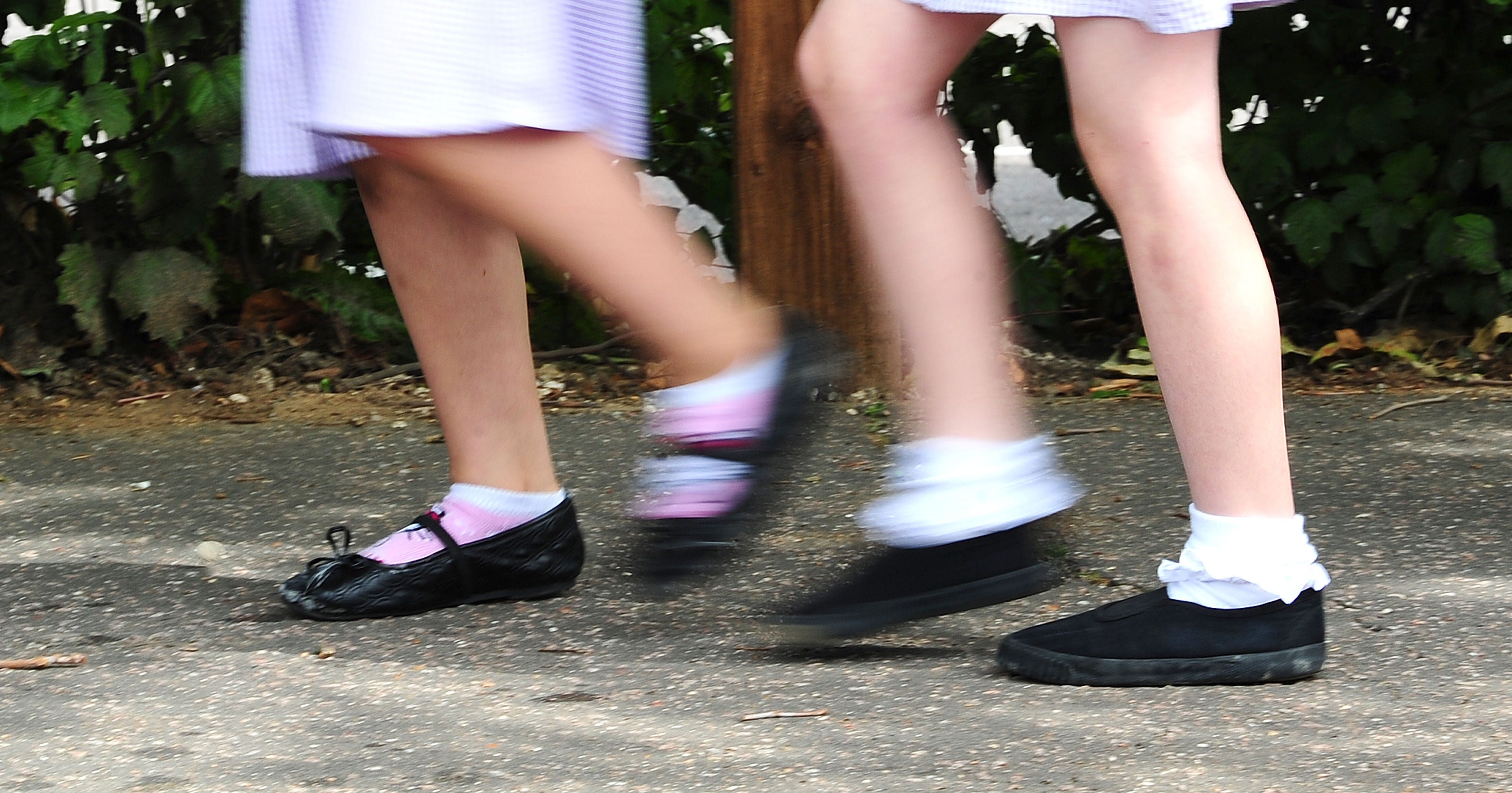Thousands more children in poverty since Labour came to power because of two-child benefit cap, charity claims
Labour urged to abolish the two-child benefit gap by charities who say the damage it causes ‘grows every day’

Your support helps us to tell the story
From reproductive rights to climate change to Big Tech, The Independent is on the ground when the story is developing. Whether it's investigating the financials of Elon Musk's pro-Trump PAC or producing our latest documentary, 'The A Word', which shines a light on the American women fighting for reproductive rights, we know how important it is to parse out the facts from the messaging.
At such a critical moment in US history, we need reporters on the ground. Your donation allows us to keep sending journalists to speak to both sides of the story.
The Independent is trusted by Americans across the entire political spectrum. And unlike many other quality news outlets, we choose not to lock Americans out of our reporting and analysis with paywalls. We believe quality journalism should be available to everyone, paid for by those who can afford it.
Your support makes all the difference.Some 10,000 children have fallen into poverty as a result of the two-child limit since Labour took office, according to analysis by a charity which has called for the policy to be scrapped.
Chancellor Rachel Reeves has said she cannot scrap the controversial welfare policy due to the state of the public finances, but has continued to face pressure to do so from campaigners as well as some of its own MPs.
As Parliament returns on Monday, following a break for political party conferences, the Child Poverty Action Group (CPAG) said its analysis “shows 10,000 children have been pulled into poverty by the two-child limit since the Government took office” in early July.
The policy, which was brought in by David Cameron’s Conservative government, already impacted 450,000 households and 1.6 million children last year according to official figures. The limit means that parents can only get more child tax credit or universal credit for a third child if they were born before 6 April 2017.
CPAG’s chief executive Alison Garnham said: “The clock is ticking while child poverty rises – and the two-child limit is the key driver of the increase. Scrapping it is the most cost-effective way to stop more kids being pulled into poverty on the Government’s watch.
“We welcome the government’s child poverty taskforce but the damage grows every day – the policy must be abolished in the upcoming Budget.”
The taskforce, made up of ministers from across Government, is expected to publish its strategy in spring 2025.
The Joseph Rowntree Foundation (JRF), a social change organisation, said the CPAG figures “are a reminder that hardship isn’t on hold” and called for the Government to set out a plan this autumn.
Katie Schmuecker, JRF principal policy adviser, said: “Not only is this morally the right thing to do, it will also begin to build greater economic security for households, taking some pressure off public services and strengthening our economy.”
The two-child limit was first announced in 2015 by the Conservatives and came into effect in 2017. It restricts child tax credit and universal credit to the first two children in most households.
Recent research by a think tank estimated that reversing the two-child limit would lift 540,000 children out of absolute poverty.
The Institute for Fiscal Studies (IFS) said this would come at an initial cost of £1.7 billion a year to the Government, rising to £2.5 billion a year.
The IFS said: “Among the options available to the Government on benefits policy, removing the two-child limit would be the single most cost-effective policy at reducing the number of children classified as in poverty.”
But it warned that any gains from scrapping that policy would be partially or fully wiped out for 70,000 of the poorest households, who would either be newly subject to the benefit cap, or others who would see no change to their benefits as a result.
The benefit cap, introduced in 2013 under the then-Conservative and Liberal Democrat coalition government, as a way of “restoring fairness to the welfare state”, sees the amount of benefits a household receives reduced to ensure claimants do not receive more than the cap limit.
Some campaigners have called for both policies to be scrapped.
A Government spokesperson said: “No child should be in poverty – that’s why our new cross-government taskforce is developing an ambitious strategy to reduce child poverty and give children the best start in life.
“Alongside this, we have extended the Household Support Fund to support the most vulnerable with essentials this winter and have committed to reviewing Universal Credit while we deliver on our plan to tackle inequality and make work pay.”
Join our commenting forum
Join thought-provoking conversations, follow other Independent readers and see their replies
Comments